 For centuries, people have offered prayers for the sick, often with surprising results. Now, medical research has shown proof that healing prayers have positive results for the sick. When we meditate or pray to that external power, there is a feeling of self-content and satisfaction. This is the power that resides in a prayer. It heals not only our mind and body, but also cleanses our soul.
For centuries, people have offered prayers for the sick, often with surprising results. Now, medical research has shown proof that healing prayers have positive results for the sick. When we meditate or pray to that external power, there is a feeling of self-content and satisfaction. This is the power that resides in a prayer. It heals not only our mind and body, but also cleanses our soul.
When you are faced with a disease, you desire to cry out to the Almighty for healing. It is usually our hopelessness that compels us to seek a supernatural source to alleviate our illness or disease. “We all know that human beings are social animals. They need a psychological support, hence they believe in some external power.
Praying gives us some sense of security and also help our mind to be calm. We believe in receiving security and faith from a higher power above. This is because of human temperament,” says Dr Rachna Singh, lifestyle management expert, Artemis Health Institute, Gurgaon.
Physicians give the same medication to two different patients with the same type of medical problem or perform similar operations on two patients otherwise at the same risk and one will survive and the other one doesn’t. It is more than luck. Spiritual gurus say the intention of closed eyes during prayer is to quiet the mind whereas placing two hands together during prayer is to quiet the physical body’s activities.
Also Read: Egypt, Qatar Deliver Trump’s Gaza Ceasefire Proposal to Hamas
When the mind and hands are silenced, the spirit is allowed a more focused communication with a place of knowing. This knowing place may be called God, higher self, nature, or whatever term you like.
Prayer may include specific forms like praise, requesting guidance or assistance, confessing sins, as an act of reparation or an expression of one’s thoughts and emotions. Praying can be done in public, as a group, or in private. The words used in prayer may take the form of intercession, a hymn, incantation, words of gratitude, or a spontaneous utterance in the person’s praying words.
Most religions in the world involve prayer in one way or another in their rituals. Although in many cases the act of prayer is ritualised and must be followed through a sometimes strict sequence of actions (even going as far as restricting who may pray), some religions teach that prayer can be done spontaneously by anyone at any moment.
Also Read: Israeli Airstrikes Kill 54 Palestinians Across Gaza





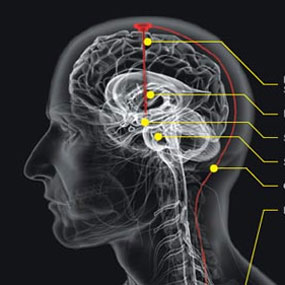


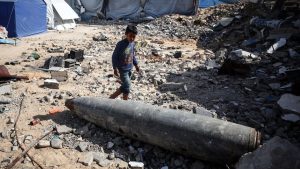




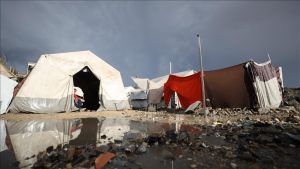

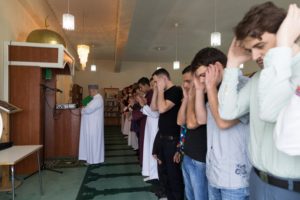

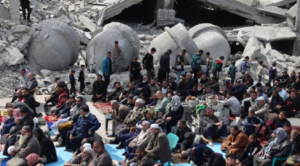

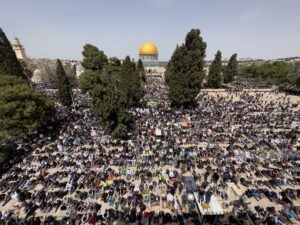
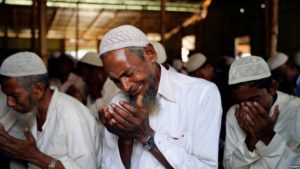












 Mina Indonesia
Mina Indonesia Mina Arabic
Mina Arabic